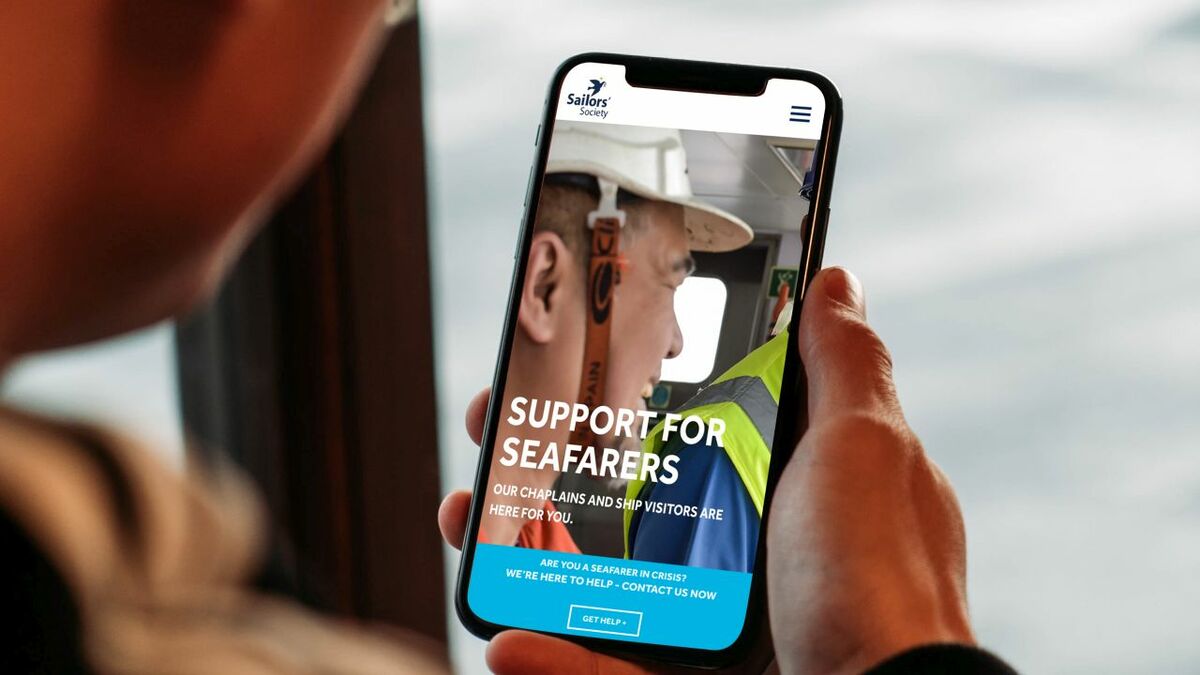Shipowners worldwide will be driven to install internet connectivity on ships after seafarers’ groups won the right to mandatory social connectivity for crews, including onboard internet access, through updates to the Maritime Labour Convention 2006 (MLC)
International Transport Workers’ Federation (ITF) and other organisations lobbied for changes to MLC to introduce more rights for crew communications and during the Special Tripartite Committee (STC) meeting to debate revisions and updates to MLC, these ambitions were finally achieved.
STC met in Geneva, Switzerland, finishing 13 May, and agreed several MLC changes.
MLC is an international treaty to protect seafarers’ rights and has been ratified by more than 100 countries, who represent over 90% of the world fleet. Governments, shipowners and seafarer representatives meet periodically to keep the convention under review.
Demand for better and cheaper internet connectivity increased during the global Covid-19 pandemic as seafarers were stuck on ships many weeks and months longer than their contracted periods. They were isolated from family and friends, and unable to return home due to prolonged travel restrictions and repatriation issues.
“We have learned a lot during the Covid-19 period and that has been driving us to improve the MLC,” said ITF vice chair for the seafarer’s branch and STC vice-president Mark Dickinson.
“Working for long periods at sea can be isolating,” he said, “And a lack of contact with the outside world can have profound implications for seafarers’ wellbeing — which we saw the worst effects of during Covid.”
Seafarer charities, such as the Sailors’ Society and Missions to Seafarers have also been calling for communications to become mandatory on ships and better in ports.
ITF and the Seafarers Group lobbied for changes to MLC for low-cost or even free internet access to seafarers.
“Being able to keep in touch with family and friends is not just a nice-to-have, it is a basic human right,” said Mr Dickinson. “That is why we fought so hard for seafarers to be given internet access and to have a mandatory provision in the MLC.”
Shipowners agreed internet access should be provided, but dug their heels in over the change. ITF said shipowners insisted they should be able to limit access and be able to charge seafarers for internet connectivity.
Seafarers Group wanted to ensure any charges levied on seafarers remain an exception, and if charges are imposed that they are reasonable.
Governments were also encouraged to increase internet access in ports and associated anchorages without cost to seafarers.
STC agreed other significant changes to the MLC, including:
The STC also adopted several resolutions that will guide the future work of the committee. These included further work on the eradication of sexual harassment at sea, the sustainability of the financial security provisions provided by P&I Clubs and insurers, and the ability of seafarers to enforce seafarers’ employment agreements against shipowners.
However, there was no agreement on changes to the MLC’s terms on repatriation of seafarers.
The Seafarers Group had demanded that the breadth of shipowners’ responsibility to repatriate seafarers at the end of their contracts be extended to the point at which seafarers land at their home location. But this was rejected by shipowners.






